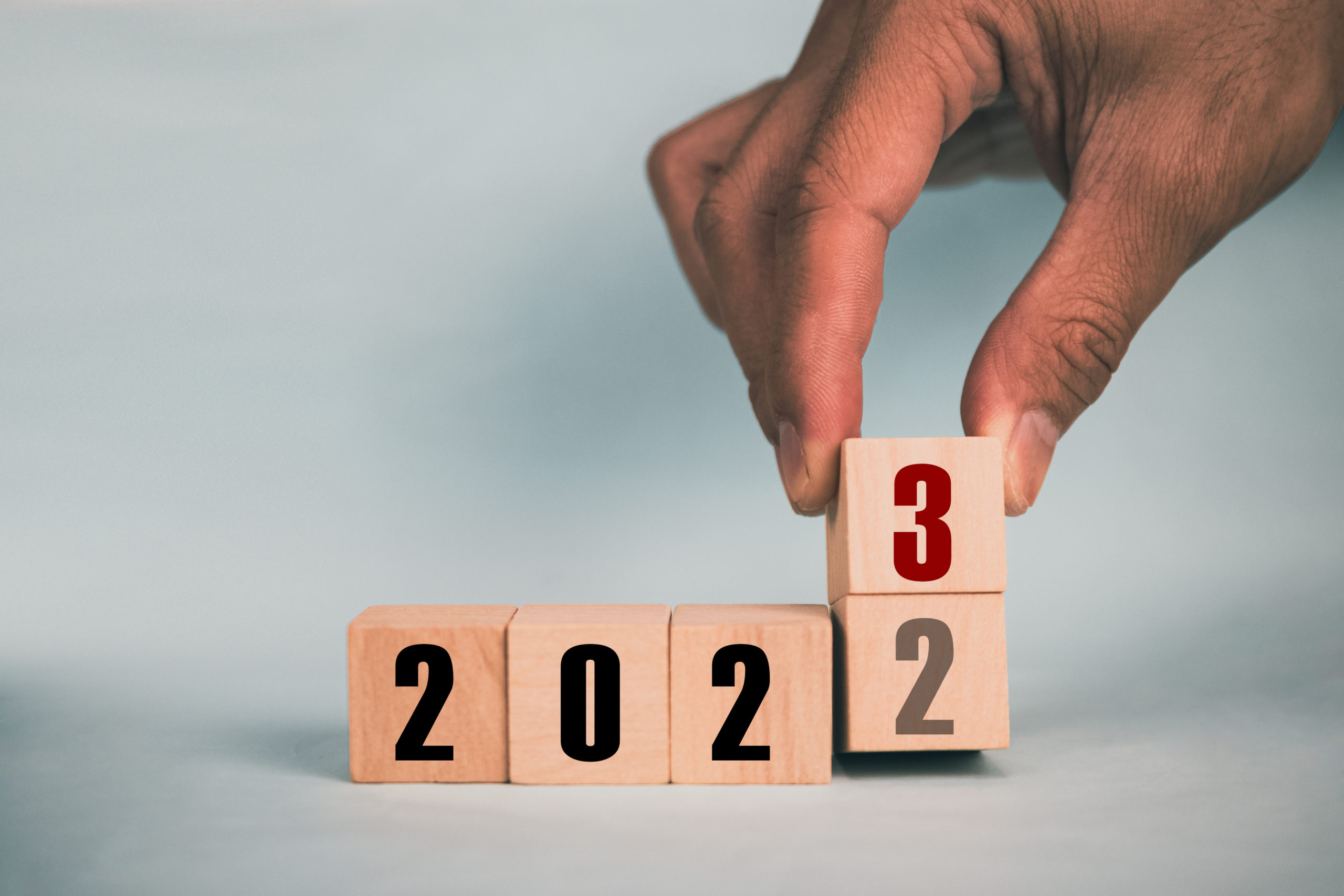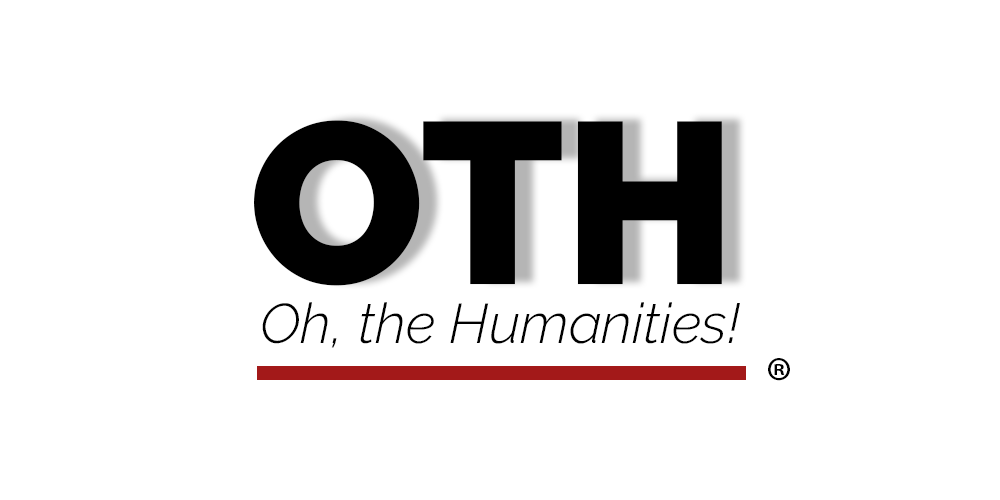
Below are the top stories from 2022 based off our reader responses and stats from the past years. Thank you to all who have contributed to OTH and we look forward to expanding our network of authors and readers in 2023.
Russia invades Ukraine — 5 essential reads from experts (via The Conversation)
The Conversation U.S. has spent the past couple of months digging into the history and politics of Ukraine and Russia. We’ve looked at their cultures, their religions, their military and technological capacities.

“Most Russians, it turns out, don’t want war. The return of body bags from the front could well prove damaging to Putin domestically.”
Microagression, Macro Issue
What makes microaggressions such a big deal? Aren’t they, by definition, micro in nature? Microaggressions are every day, routine, even unintentional, slights and exchanges that denigrate or single out individuals because of their group membership (Barthelemy et al 2016, Sue et al 2007). They are often ambiguous, subtle, and challenging to pinpoint (Jones et al 2017). Consequently, microaggressions end up as the quiet burden to bear of the people who are targeted (it’s just too much work to explain it to people who don’t get it), overlooked by others (who don’t get it), and left unchecked (because those in power can’t comprehend the problem). Yet this oversight directly contributes to the repeated incidence of microaggressions, a violence which is compounded by its invalidation as ‘no big deal’ by people who don’t have to experience it (a microaggression in itself!) (Sweet 2019).

“The concept of death by a thousand cuts comes to mind, particularly if the doctor you went to see told you that you weren’t *really* bleeding.”
Interview: Dana Cuff, cityLAB
“The people that we hire at cityLAB are always urban humanities graduates because they’re the ones who understand the full spectrum of concerns and issues. And our most successful graduates from urban humanities really are–well, one form of successful graduate are the 50 or so PhDs who went through the program, who got jobs based on, in part, their urban humanities graduate certificates and experiences, which really distinguishes them from other candidates, from art history or literature or education.”

“So education, workforce housing, came out of cityLAB, but it’s really completely colored by everything that has happened in urban humanities. We basically realized there was land that–a lot of land in California, at least. It’s an interesting history. Again, looking at the history made us understand why this was available and what would be some of the boundaries for it.”
The FCA Ghana – a place for critical thinking, conversation, and community engagement
The FCA offers its space to artists of all varieties for exhibitions, workshops, book talks, educational presentations, Critlabs, and networking that center development, presentation, and critical thinking of contemporary art in Ghana. Their space is also complete with an extensive library that is open to the public with books on African and world art, history, architecture, and culture. The FCA not only works on projects in their space, but they also bring art out into the community through building play spaces, murals, sculptures, and renovations that clean up run-down public areas.

“Through their creative brilliance and dedication, the FCA has established itself as a powerful, influential force in Ghana, West Africa, and the world that brings the critical reflection of contemporary art to African society.”
